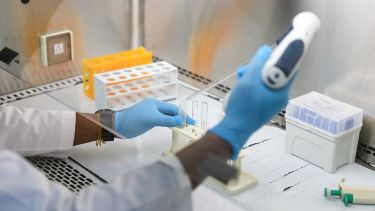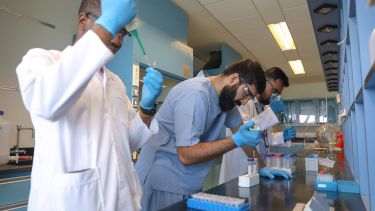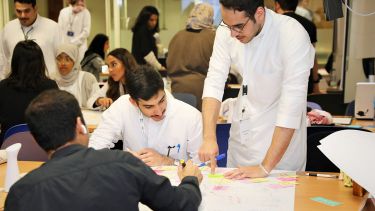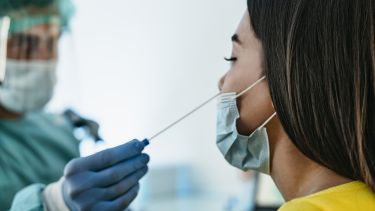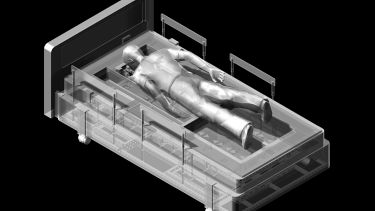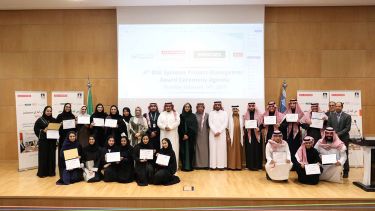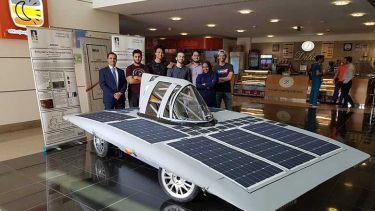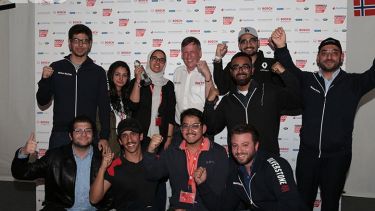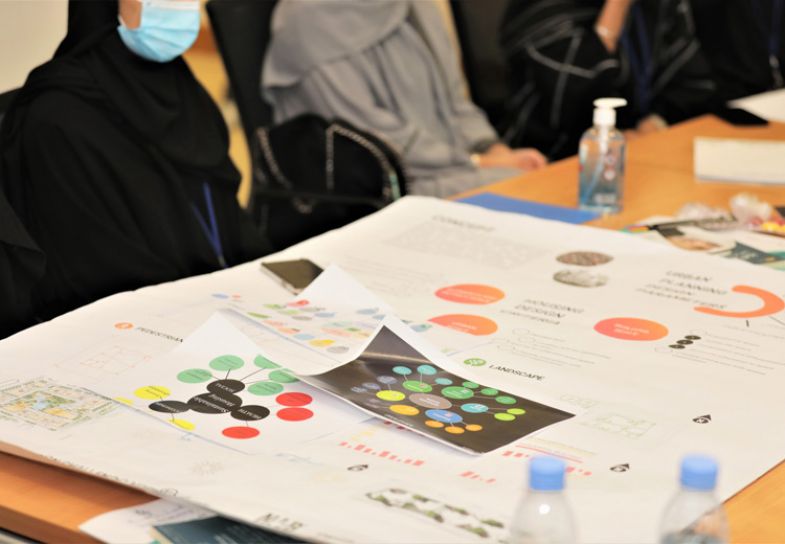
The Alfaisal Human Capital Initiative is helping to build a sustainable skills framework in a changing economy
Situated in the thriving business hub of Riyadh in Saudi Arabia, it makes sense for Alfaisal University to foster research and partnerships around the future skills needs of the region.
Saudi Vision 2030, a strategic framework aimed at reducing the country’s dependence on oil and diversifying its economy, includes human capital as one of its core goals. Increasing employment and ensuring citizens are equipped for a fast-changing economy is crucial.
The Alfaisal Center for Research and Consultancy Studies is the commercial arm of the university, acting as an umbrella organisation to channel research, training and consulting projects between faculty and external partners in the public and private sectors.
One of the initiatives sitting under this is the Alfaisal Human Capital Initiative (AHCI), which aims to improve education and training, foster a culture of lifelong learning and promote a more diverse and inclusive economy.
It aligns with the kingdom’s national Human Capability Development Program, which aims to enhance the employability and skills of its citizens. It also seeks to encourage private sector investment in human capital development and support research and innovation in related fields.
The AHCI has five key objectives: to identify skills matches for technical roles; to bridge gaps in knowledge through upskilling and reskilling; to identify emerging roles and put plans in place to build the skills for them; to support a shift to Industry 4.0 through digital transformation; and to strengthen Islamic values and national identity.
“By investing in human capital, the initiative aims to create more opportunities for citizens and support the country’s economic growth and competitiveness,” explains Diana Korayim, director of the Alfaisal Center for Research and Consultancy Studies.
“The human capital initiative is an extremely important initiative in the Alfaisal Center for Research and Consultancy Studies because it recognises that a country’s most valuable resource is its people and that investing in the education, skills and development of citizens is essential for long-term economic growth and competitiveness.”
The centre supports the AHCI by providing training for students to build new skills or hone existing ones, with a view to building a highly skilled employable workforce and attracting more sustainable economic prosperity to Saudi Arabia.
Collaboration both within the university and externally is core to the success of the initiative. “These partnerships allow for the sharing of resources, expertise and information, as well as the ability to leverage collective strengths to achieve a common goal,” Korayim says.
Partnerships with employers across various industries enable students to gain real-world experience of the world of work, while faculty can work with employers to ensure that programmes are relevant and up to date with the latest developments. Partnerships with government agencies and departments, meanwhile, can provide access to funding, resources and support for initiatives and programmes in the centre.
There are also opportunities for government organisations to explore research initiatives in areas of mutual interest around human capital. “In general, these partnerships are important because they enable the AHCI to achieve its goals and objectives by leveraging the strengths and resources of a wide range of partners,” Korayim says.
“By working together, all partners are better equipped to address complex challenges, achieve mutually beneficial outcomes and drive positive change in their communities.”
Productive partnerships
One example of such collaboration is with Saudi Arabia’s General Authority for Military Industries, which signed an agreement with the university in November 2021 to develop human capital in the defence sector.
The agreement aims to align some academic programmes, graduation projects and short courses with the needs of military and defence employers in the region. The university has also signed a memorandum of understanding with the Diriyah Gate Development Authority, a major public infrastructure project to preserve and develop the ancient district of Diriyah.
It will support those working on the project to offer training and development opportunities, while students will gain first-hand experience of the labour market and build practical knowledge. A further agreement with the kingdom’s Ministry of Human Resource and Social Development was signed in April 2022.
Developing the kingdom’s future skills needs sits at the heart of Alfaisal’s graduate business curriculum, which offers a master’s in human capital management. This rigorous two-year programme is aimed at creating graduates who can enhance the Saudi Arabian economy through progressive leadership and development of local human capital.
“Students in the MBA programme can get involved with the AHCI through internships, research projects and other forms of engagement,” Korayim explains. “In turn, the initiative can offer opportunities for students to apply what they have learned in the programme to real-world human capital development challenges. This can help to prepare them for careers in human capital management, where they will be responsible for developing and implementing strategies to improve the skills and well-being of employees in organisations.”
Looking to the future, the AHCI hopes to explore further partnerships to address the real-world challenges faced by the Saudi economy and society. The Alfaisal Center for Research and Consultancy Studies will back the AHCI in this, through support for cutting-edge research in relevant fields, helping it establish partnerships with other universities and research organisations nationally and internationally, and pooling resources to maximise impact.
Interdisciplinary research and collaboration across departments will also help to find solutions to these challenges, Korayim says, providing students with the opportunity to work with and learn from experienced researchers, whether through coursework, internships or other hands-on experiences.
“By implementing these and other strategies, the Alfaisal Center for Research and Consultancy Studies can work to develop its research and impact, and support the goals of this human capital initiative,” Korayim concludes.
Find out more about the Alfaisal Human Capital Initiative.

